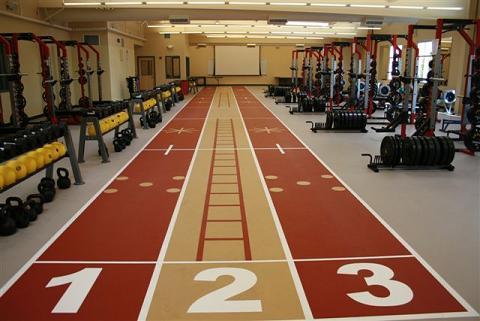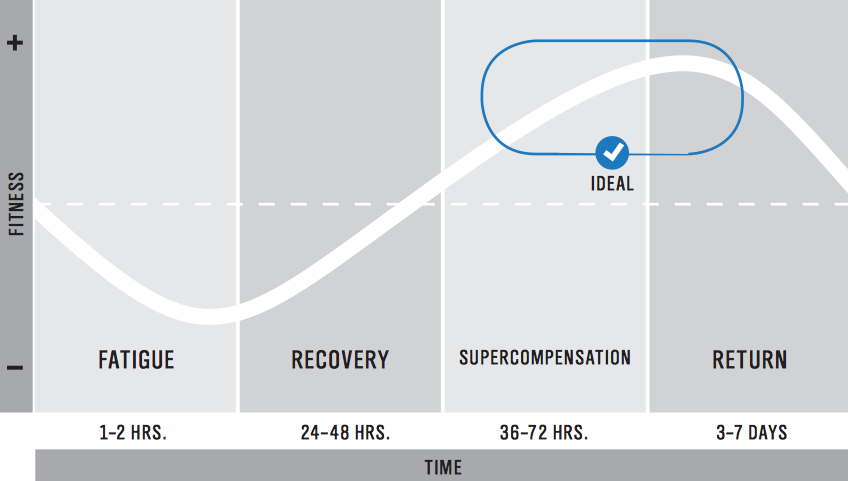Hitting the weight room is a common phenomenon for people among all colleges and schools. Some wants to go to the gym to lose some weight, some wants to work out for gaining muscle strength and shape, some simply wants to exercise. “Pain and Gain” might be the most familiar sentence to all the fitness enthusiasts, but do working out a lot really help you gain muscle effectively?



For those who wants to lose weight from working out, eating less is more important than hitting the weight room harder and harder. Although working out does help the body to form muscle and gain more strength, it does not fundamentally change your body shape unless you alter your diet. Swimming and jogging could help one burn off calories, but not unless one work out everyday. “30 minutes of swimming and jogging could help one burn 350 calories, but not everyone could do that on a day in and day out regimen.”
To many work out enthusiast, diet may not be a pat of their concern while working out. The subjects in their mind may be I am benching 250 pounds, but that is not enough or other things than their diet. The effort of a good two hours work out may be simply ruined by drinking two 16 ounces of soda everyday. There are also various things in daily diet that could cause obesity than helping you to have a better body shape. Carbohydrate plays a big role in America’s food culture. However absorbing too much carbohydrate without a good sense may easily cause obesity. A meta-analysis had shown that working out does not necessarily help reduce obesity. In fact, controlling the diet has more impact than going to work out.
There might be a time when one feels weaker despite the fact that they work hard in the weight room everyday. It is because the the duration of your muscle recovery was not enough therefore could cause the decrease of energy. When we give our body exercise continuously on a set schedule without enough recovery time, our somatic function will not gradually increase but significantly decrease. If they are not aware of this situation on time, injuries may follow.
For instance, John may set himself a twelve weeks work out schedule, and he followed the routine for the first week. But due to classes and exams, John did not get good sleep and food. His body is not recovering well from it. Under this type of circumstance, if he does not lower the intensity of weight training but still did the same as he did for the first week, very likely he is going to have a bad performance on the second week, which also directly influence his performance on the third week, so on and so on. Eventually, instead of improving his body condition, John became weaker and weaker after weeks spent in the weight room.
Articles online had shown that you need a good amount of time to recover from your workout in order to get back to the ideal performing stage. Individuals will perform and gain drastically while working under ideal body shape than in fatigue. Therefore, under normal circumstance, it is best when one keeps a stable schedule to go to weight room on a duration of 36 to 72 hours, which is up to two to three days.

Excessive training without a good recovery time does not only effect the performance in the weight room, it also lead to other side effects. Studies had also shown that over training, no matter you are a professional athletes or amateur, will have negative influence such as lack of appetite, attention deficit, fatigue, low interest in practice, decrease in athleticism, low desire for sex and bad sleeping condition. If the symptoms above had ever happened to you, maybe you shall think about reducing the intensity or go to weight room less.
